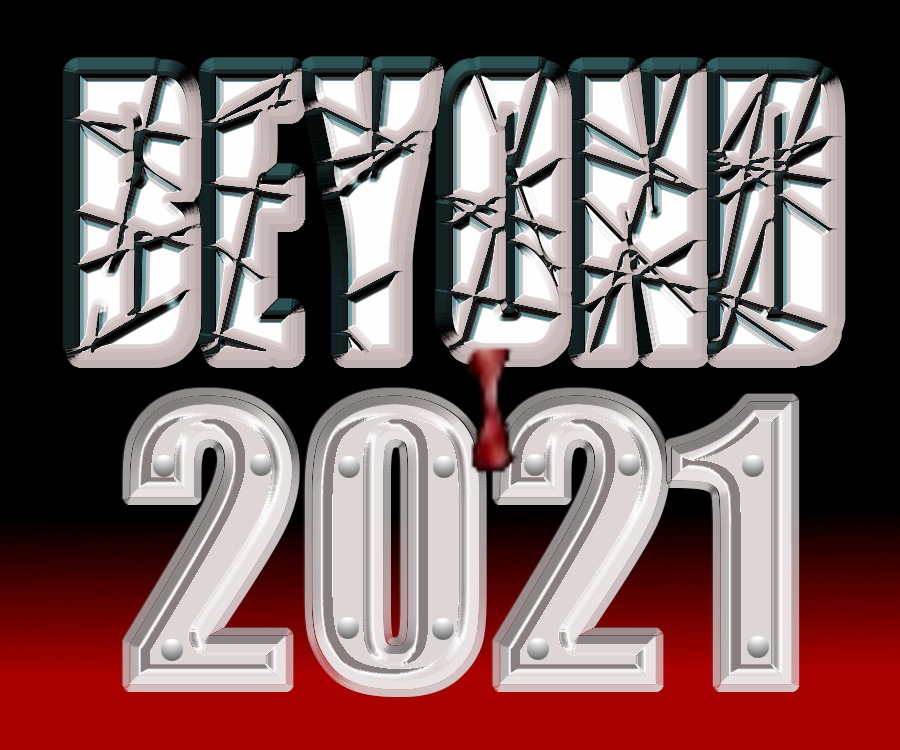Today in History: August 13, 1961 – Construction of the Berlin Wall
60 years ago, during the night of August 12-13, the Soviet Union built the Berlin Wall, dividing a beautiful city, to keep East Berliners escaping… Read More »Today in History: August 13, 1961 – Construction of the Berlin Wall

